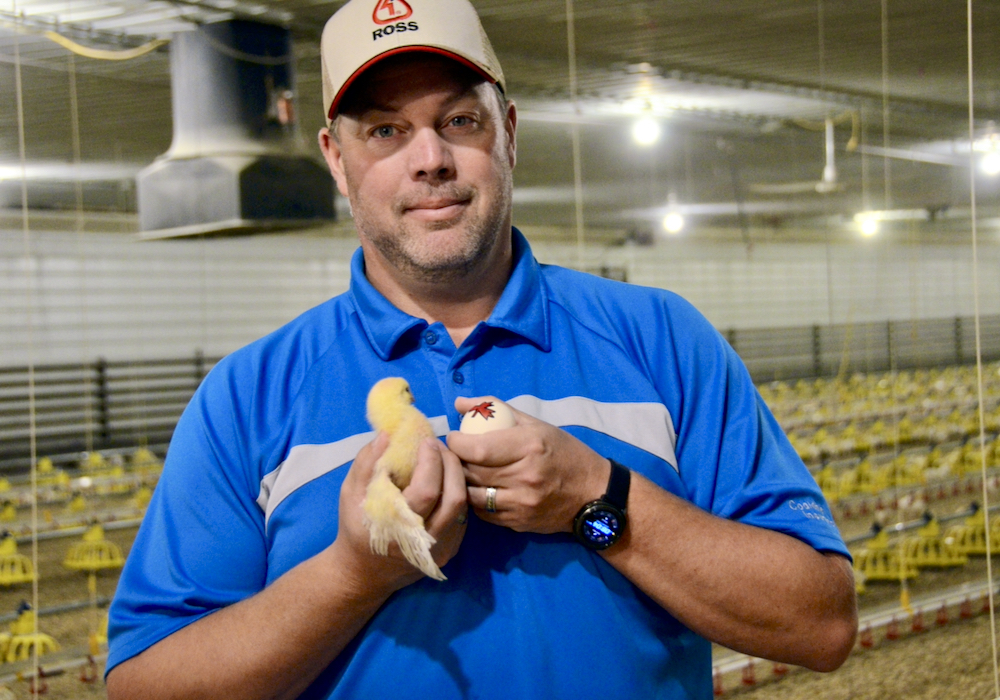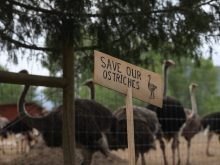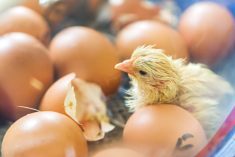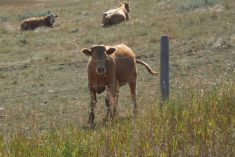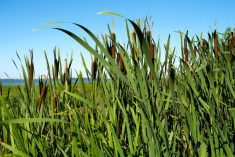Alberta poultry and egg producers remain on alert as the highly pathogenic H5N1 subtype of avian influenza continues to spread across the country. At press time, there have been 17 confirmed cases of avian influenza. Flocks on affected properties have been euthanized using CO2 gas under federal protocols. Primary control zones are being established in affected areas to prevent the spread of the disease, which is not a food safety issue, according to the Canadian Food Inspection Agency (CFIA).
“Of course, this time of year avian influenza is something that we are always concerned about,” said Jeff Notenbomer, a second-generation farmer who runs a breeder hen operation near Monarch in southern Alberta. “We have biosecurity measures that are in place, changing clothes and sanitizing things.
“So we have normal procedures that we’re always following, but this year it’s different. We have never had a positive case in Alberta before, and now we have 12.”
Read Also
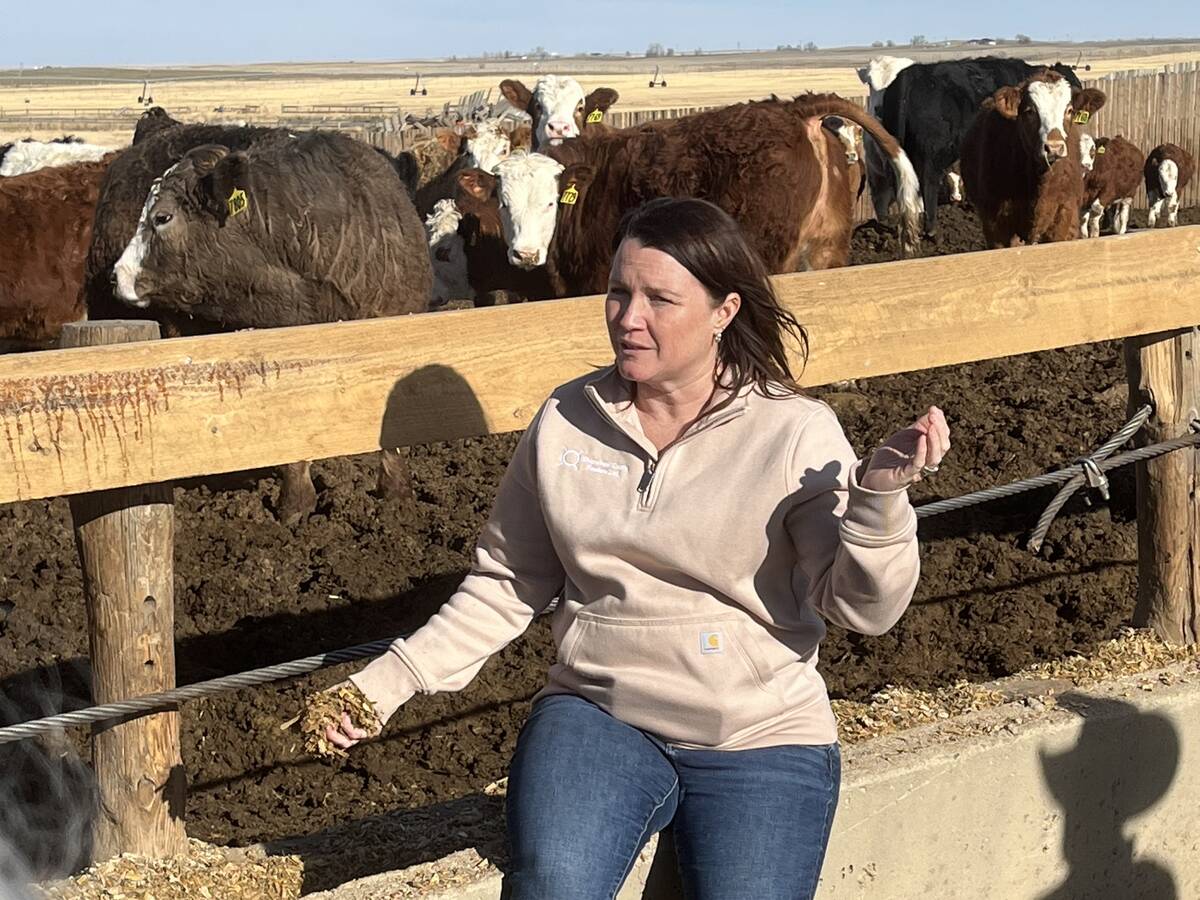
Roots of Resilience: The 50-year evolution of Shipwheel Cattle Feeders
Alberta’s Shipwheel Cattle Feeders is one of Canada’s pioneers in holistic regenerative agricultural practices.
Migratory birds are a “natural reservoir” for avian influenza, but are not usually harmed by the disease, said Notenbomer, who is chair of Alberta Hatching Egg Producers.
“Now it’s even killing those birds,” he said. “Something else is going on. Maybe it is a stronger strain.”
Due to the unprecedented situation, Notenbomer has deployed strict controls to protect his operation against the highly contagious H5N1 variant. He’s changing his shoes and clothes multiple times between barns, service areas and his shop. Also, his property is locked down apart from feed deliveries and egg shipping.
“It’s not a crisis yet,” he said, adding his farm is unaffected. “If you think of a poultry barn where the chickens spend their lives indoors, people go in and out of that barn every day. Don’t forget the bedding like straw or sawdust. All that has to be controlled, every tool that goes in. Like if you open a door and a leaf blows in.
“We really don’t know how it’s getting in. There are ways where we know it can get in and we are very much controlling those.”
In terms of detecting avian influenza in chickens, Notenbomer said the disease first manifests in behaviour. Birds may not eat or drink properly and may be less active. The next stage may be neck swelling. After that comes reduced production and death.
“You might see 20 dead, then 50 dead and then 100 dead and then 1,000 dead, and within five or six days you’re getting 100 per cent mortality,” he said. “Think of it like COVID, but with 100 per cent mortality. That’s the dangerous part of it.
“So, of course farmers, you know, as soon as they see any signs, of course they want to get those animals tested. We don’t want to see those animals suffer.”
Notenbomer estimates 250,000 to 300,000 birds had been euthanized in Alberta as of April 22.
According to the Government of Canada, avian influenza is a viral infection that can affect all birds and sometimes mammals. There are at least 15 forms of the disease, all caused by multiple strains of the type A influenza virus. Birds spread the disease through secretions and droppings. Some bird species can carry the virus in an asymptomatic manner and subsequently infect other birds.
“It’s important not to confuse human cases of avian influenza with cases of human influenza,” the federal government says on its website. “Human influenza is a common respiratory disease that spreads easily and rapidly from person to person. Although different strains of avian flu virus circulate year round among birds, the virus does not usually spread to people.” The current spread of avian influenza across Canada is unprecedented, said Dr. Noel Ritson-Bennett, operations manager for CFIA.
Virtually every province has recorded infections and the number of affected farms now numbers in the dozens. But “I wouldn’t describe it as out of control at all,” said Ritson-Bennett.
However, the current virus strain (which has spread around the world) has prompted renewed biosecurity efforts as well as tracking and containment measures.
“There’s certainly a significant deployment of resources,” he said.
Producers who have to euthanize their flocks will be compensated, said Ritson-Bennett. In order to resume operations, affected farms must appropriately dis- pose of dead birds and carry out a clean- ing and disinfection regimen. That needs to be followed by surveillance testing for avian influenza on the premises and in primary control zones.
“There’s no evidence to suggest that the consumption of poultry or eggs will transmit this virus,” said Ritson-Bennett. “(But) as always, people should continue to use good food safety practices. That’s for poultry, meat products or vegetables.”
The poultry sector in the province has been preparing for an avian influenza outbreak for years, said Karen Kirkwood, executive director of Alberta Chicken Producers.
As of April 25, there were approximately 17 confirmed cases of avian influenza (including 13 commercial operations) but “it’s too soon to estimate the financial loss to producers,” she said.
Her organization is urging its members to use extreme care by maintaining proper biosecurity, animal care and food safety.
But the current outbreak isn’t a result of not taking adequate measures, she added. “The virus spreads, as we know, through water droplets and comes from wild birds,” she said. “And there is a known flyway over Alberta.”

